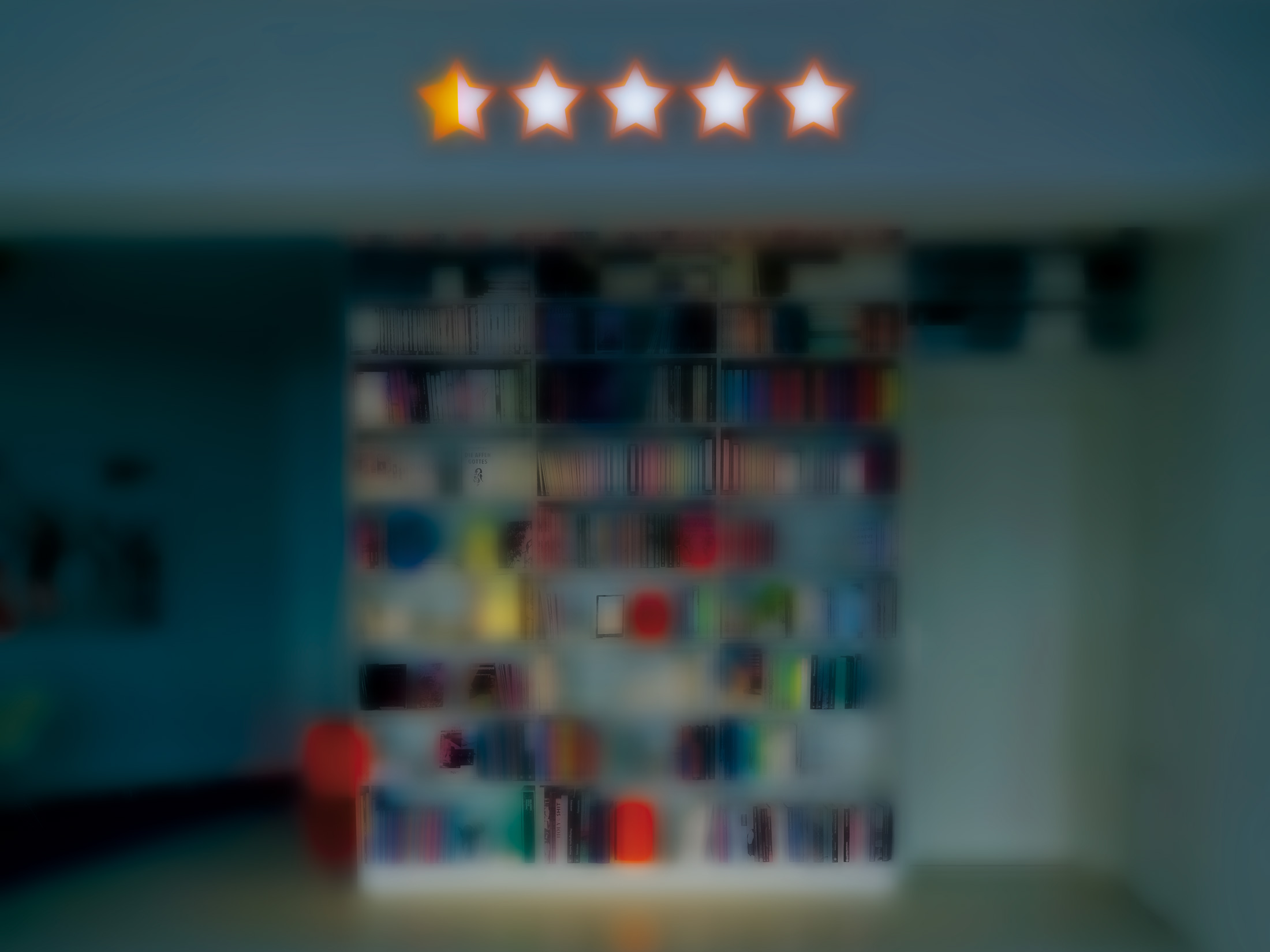Sprache
Typ
- Buch (6)
- Wissenschaftlicher Artikel (2)
- Interview (0)
- Video (0)
- Audio (0)
- Veranstaltung (0)
- Autoreninfo (0)
Zugang
Format
Kategorien
Zeitlich
Geographisch
User account
Anthology
Social Media—New Masses
Inge Baxmann (ed.), Timon Beyes (ed.), Claus Pias (ed.)
Social Media—New Masses
Article
Computer Games and the Distraction Economy
Peter Krapp
Between the Madness and the Wisdom of Crowds
Article
Facebook's Open Graph Protocol: a medial promise
Irina Kaldrack, Theo Röhle
Creating Subsets of the Masses
Lars von Trier in Conversation with Mehdi Belhaj Kacem & Raphaëlle Milone
DIAPHANES MAGAZINE No. 3
Stephen Barber
Twenty-four hours in state of unconsciousness
Now the dead will no longer be buried, now this spectral city will become the site for execrations and lamentations, now time itself will disintegrate and void itself, now human bodies will expectorate fury and envision their own transformation or negation, now infinite and untold catastrophes are imminently on their way —ready to cross the bridge over the river Aire and engulf us all — in this winter of discontent, just beginning at this dead-of-night instant before midnight, North-Sea ice-particles already crackling in the air and the last summer long-over, the final moment of my seventeenth birthday, so we have to go, the devil is at our heels… And now we’re running at full-tilt through the centre of the city, across the square beneath the Purbeck-marble edifice of the Queen’s Hotel, down towards the dark arches under the railway tracks, the illuminated sky shaking, the air fissured with beating cacophony,...
Dieter Mersch
Digital Criticism
ACCESS DE
Dieter Mersch
Epistemologies of Aesthetics
Maria Filomena Molder
So many egoists call themselves artists…
“So many egoists call themselves artists,” Rimbaud wrote to Paul Demeny on May 15, 1871. Even though that is not always obvious, ‘I’, the first person, is the most unknown person, a mystery that is constantly moving towards the other two, the second and third persons, a series of unfoldings and smatterings that eventually gelled as ‘Je est un autre’. That is why ‘apocryphal’ is a literarily irrelevant concept and ‘pseudo’ a symptom, the very proof that life, writing, is made up of echoes, which means that intrusions and thefts (Borges also discusses them) will always be the daily bread of those who write.
Words from others, words taken out of place and mutilated: here are the alms of time, that squanderer’s sole kindness. And so many others, mostly others who wrote, and many other pages, all of them apocryphal, all of them echoes, reflections. All this flows together into—two centuries...
ACCESS DE
Jean-Luc Nancy
Ζένοι και Zah και Zuh
Ξένος extraneus του έξω όχι του μέσα (intraneus) όχι της οικίας unheimlich όχι του heim όχι της εστίας της άλλης πλευράς της πόρτας – fores, foreigner όχι υπερβολικά στον ρυθμό, odd όχι κανονικός όχι συνήθης σπάνιος ιδιάζων seltsam παράξενος besherat γενναίος κομψός απρόβλεπτος στραβός verschroben
λοξός αναπάντεχος εξαιρετικός εκπληκτικός
Είναι εκπληκτικό πόσες λέξεις εκφράσεις τρόπους διαφορετικούς έχουμε για να μιλήσουμε για τον παράξενο ξένο τον ausländer τον έξω από τη χώρα και όχι «pays avec nous» όπως λέγαμε κάποτε στη Γαλλία «c’est un pays à moi» για να πούμε κάποιος από το χωριό μου τη γειτονιά μου την περιοχή μου την πατρίδα μου
